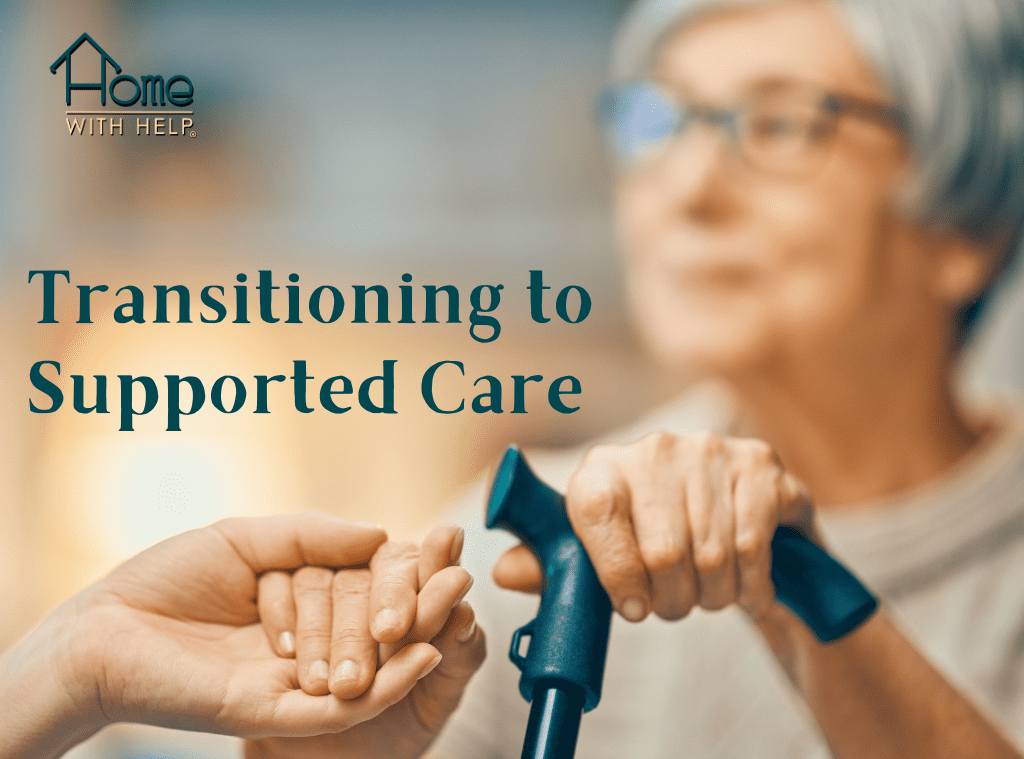
As our loved ones age, initiating conversations about their care can be challenging yet crucial. Supported care for aging loved ones is inevitable. Effective communication lays the foundation for a harmonious transition into the next phase of life. Understanding how to maneuver around this difficult discussion can be challenging for all parties involved: the elderly, the family members, and the caretakers.
The best way to decrease the stigma and conflict is by increasing compassion for all parties. Focusing on pivotal roles for caregivers to make while keeping the mental well-being of aging parents in priority will only facilitate the transition. We will discuss tools to handle the shifting grounds so with awareness and techniques to maneuver, the situation can be as successful as possible for all those involved.
The Emotional Landscape
Empathy serves as the cornerstone of effective communication. Aging parents often grapple with a myriad of emotions, from fear of losing independence to concerns about becoming a burden. Acknowledging and validating these emotions fosters a sense of understanding and trust. It can be subtly or directly. That said, the best way to address a daunting fear or emotion is by asking if the person is having them (instead of assuming they are). This leads to an open-ended discussion.
Caretakers play a vital role in creating a safe space for open dialogue. Cultivating an environment where loved ones feel heard and valued is the base for a stable and strong transition.
Being Proactive
The effective way of care planning emphasizes the importance of a proactive approach. Assessing both current and future needs is crucial for tailoring a comprehensive care plan. Since communication lines have been nurtured, they are open and allow for fearless flow. Safety is the goal for the base of the relationship. Emotional as well as physical safety is the strongest foundation that can be built upon.
Collaborative decision-making, involving aging loved ones in the planning process, not only respects their autonomy but also enhances the success of the implemented solutions. Sound care plans consider the physical, emotional, and financial aspects, ensuring a holistic approach to well-being. These building blocks, all important, create a sturdy and sound base for growth in all parties. Understanding the importance of support outside of family responsibilities makes it vital to involve caretakers in the communication process as well.
Positive Mental Health
Lastly, aging can sometimes lead to mental health challenges, emphasizing the need for increased emotional support. Studies highlight the positive impact of maintaining social connections, engaging in cognitive activities, and adopting a healthy lifestyle on mental well-being. Furthermore, by integrating these elements into care plans, caregivers can contribute significantly to the emotional resilience of aging loved ones. The well-being of the loved ones will then symbiotically enhance the well-being of the caretaker. Finally, being aware of the intertwined well-being of all parties is the last step of consciousness that will lead to strong tools to success.
Conclusion
To recap, supported care for aging loved ones can be decoded with love and attention. The best way to create a plan and relationship where both the caretaker and the loved one will thrive in the difficult times of transition is to open communication lines. Creating safety with the emotions, thoughts, fears, and insecurities of both parties will only create a strong foundation where a new way of living can be built and nurtured.
By embracing the principles of compassionate communication, caretakers can navigate these conversations with optimism and grace. Remembering to nurture the loved one with strong social situations will fortify their mental well-being. This will also empower caretakers to provide the best possible care, fostering stronger connections within the family. Embarking on this new journey as a team is the best way to see the change. The difficulty is always there, it is how we face it that makes it adversity or success. I hope these tools direct you and your loved ones to success.
